PREFACE
National Curriculum Framework (NCF) – 2005 brought in a remarkable change in the field of school education when it strongly advocated for a child-centric education system. Such a change in curricular vision needed to be supported and sustained with systemic reforms of structures and institutions. The RIEs are expected to act as role models in the field of Teacher Education and to continually provide renewed conceptual orientation through teacher education programmes. The exercise of reformulation of teacher education programmes at the Regional Institutes of Education of the NCERT is part of a series of efforts initiated by the Council towards systemic reforms to strengthen school education.
The National Focus Group on Teacher Education formed during NCF-2005 exercise strongly recommended redesigning of teacher education programme to respond to the current changes in the school curriculum in the State and regional context. It further recommended to undertake a nation-wide review of these programmes.
Existing teacher education programmes are not sufficient to accommodate the emerging ideas in content and pedagogy as well as the issue of linkages between school and society. The purpose of such programmes is to understand school subjects and their pedagogic study in the concrete context of the school and the learner by establishing linkages among learner, context, subject discipline and pedagogical approach.
The key departure of pedagogical courses from conventional teacher education programmes shifted the focus from pure disciplinary knowledge and methodology to learner and his context. For instance, now a pedagogy course on mathematics would focus on understanding the nature of children’s mathematical thinking as much through theory as through direct observation of children’s thinking and learning process, the language of mathematics and engagement with children’s learning in specific areas.
The nature of any discipline has significant impact on its pedagogy. One can state the nature of mathematics as having: Abstraction, Symbolic methods, Conditional reasoning, Rigour, High (and even unexpected) applicability to the real world and extremely long Historical development. The proposed pedagogical shift will help the children to understand and appreciate this nature of mathematics in a better way.
Teacher and student engagement is critical in a classroom. What children learn out of school and bring to school is important to further enhance the learning processes by the teacher. This is all the more true for children from underprivileged backgrounds, especially girls, as the world they inhabit and their realities are under-represented in school knowledge. Participatory teaching and learning, emotion and experience need to have a definite and important place in the classroom. Though classroom participation is a powerful strategy, it loses its pedagogic edge when it is ritualised or when it merely becomes an instrument that

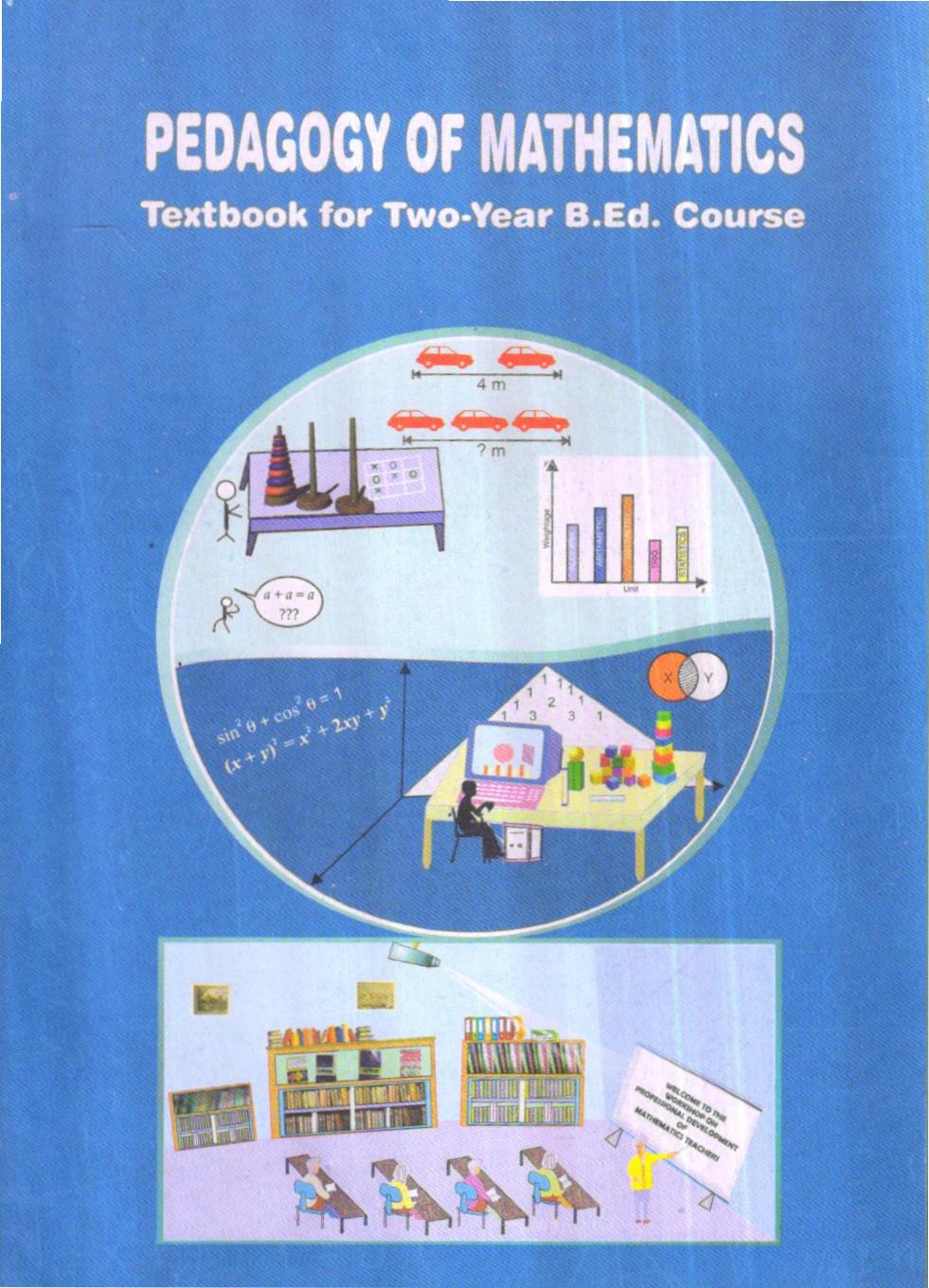
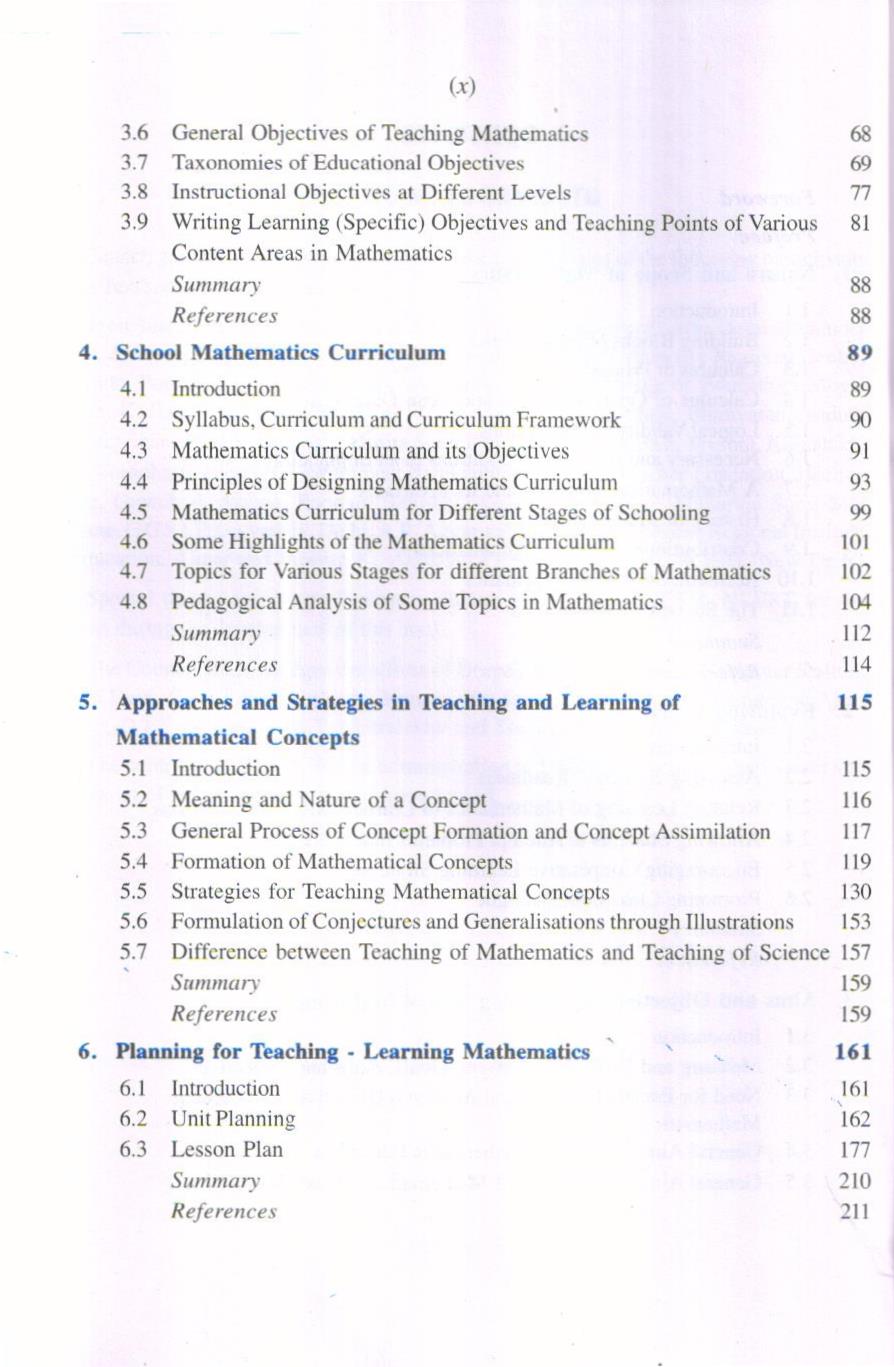
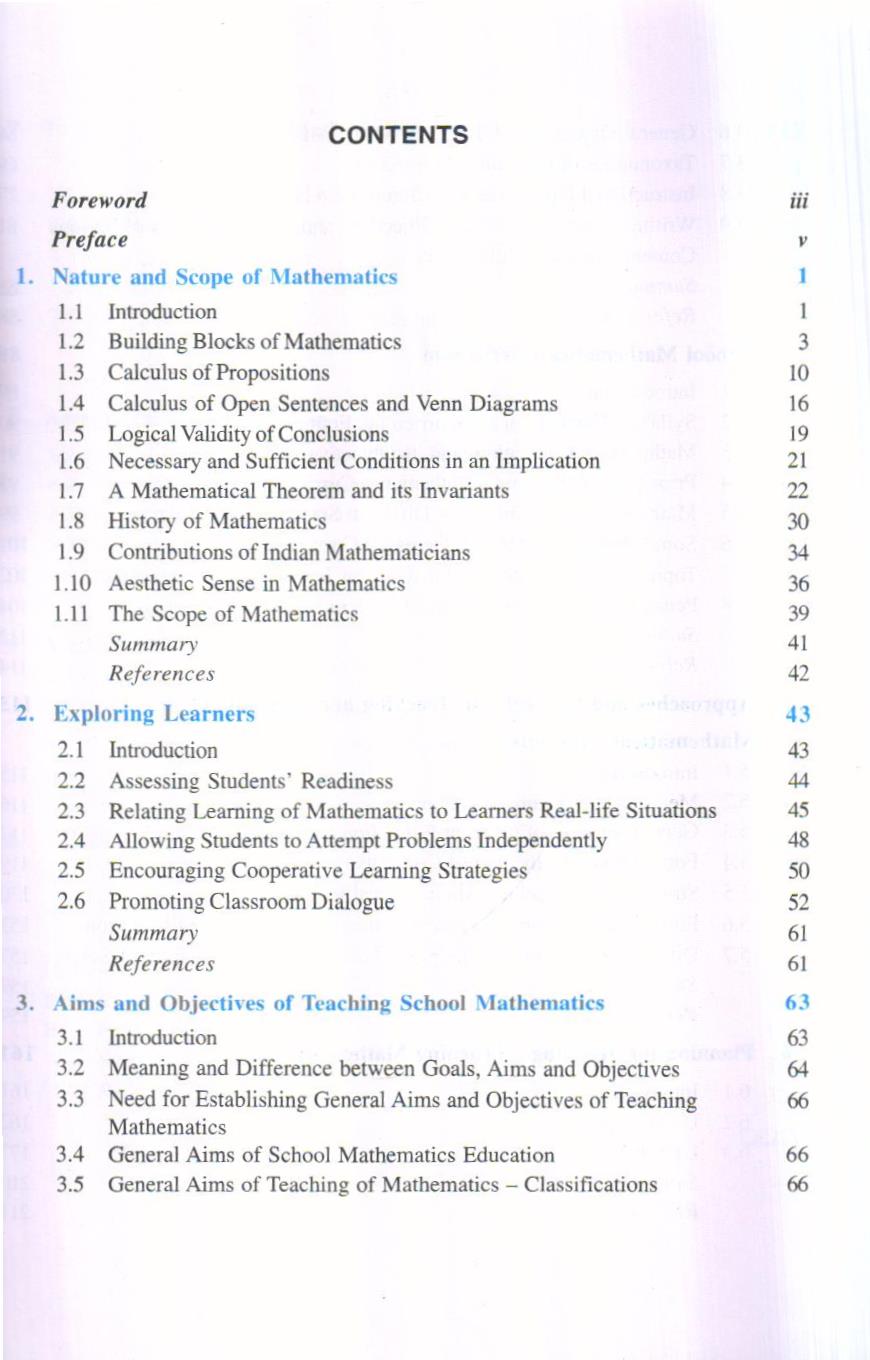
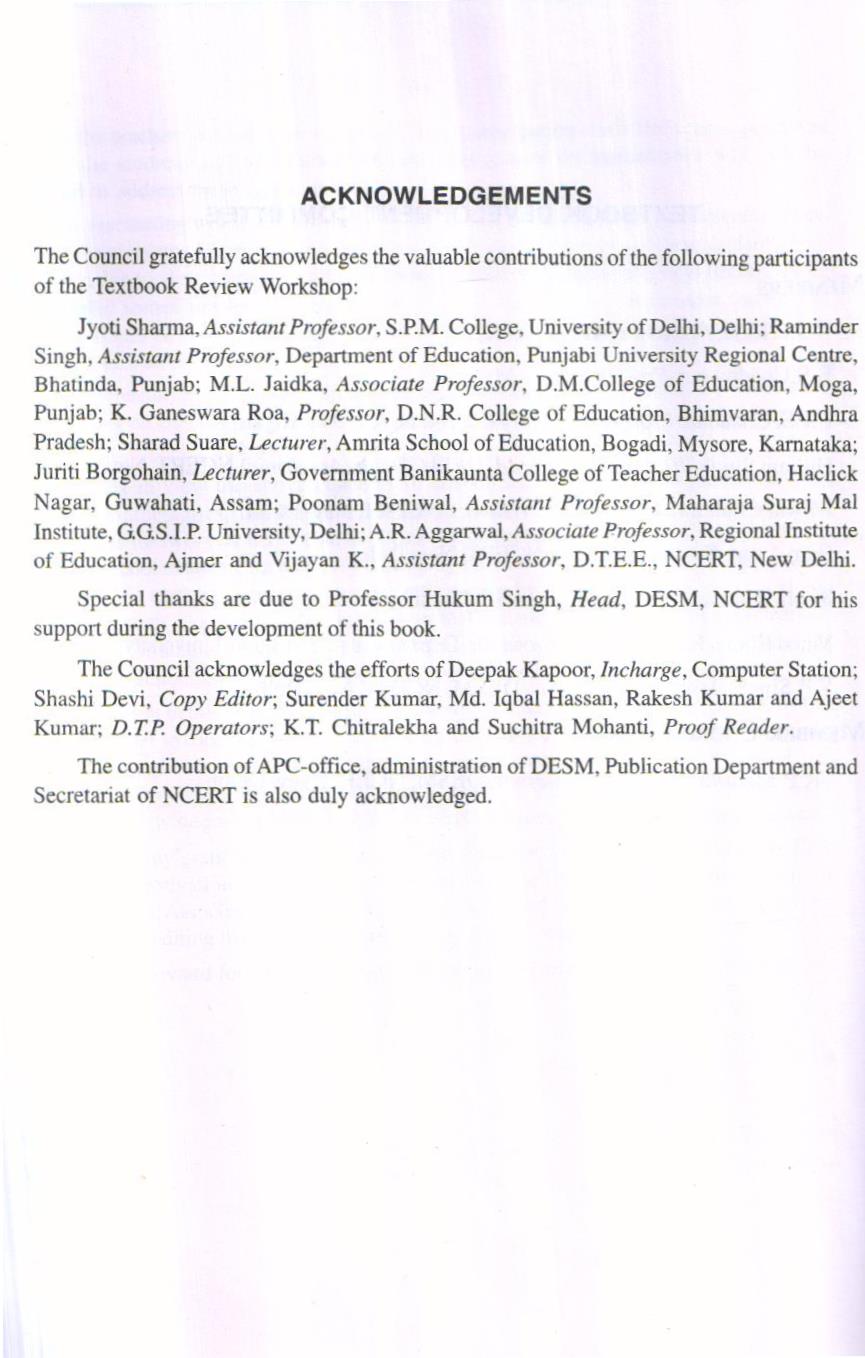





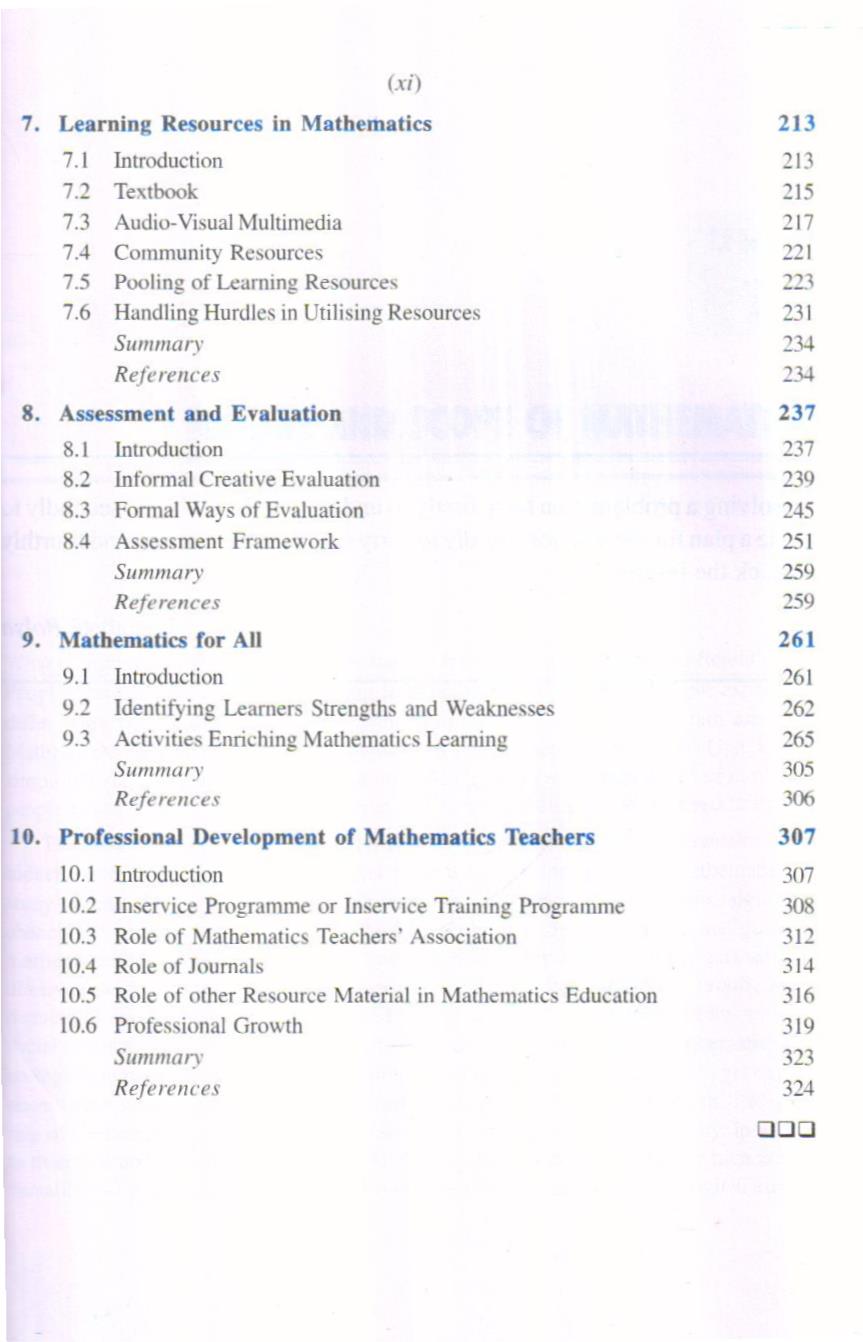


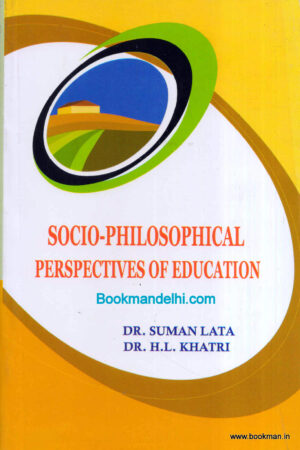

Reviews
There are no reviews yet.